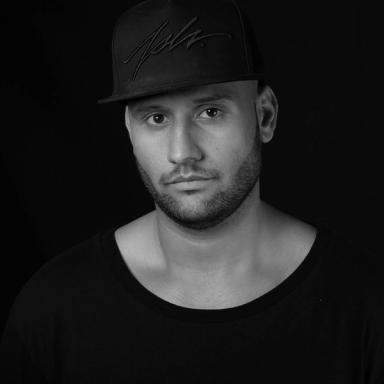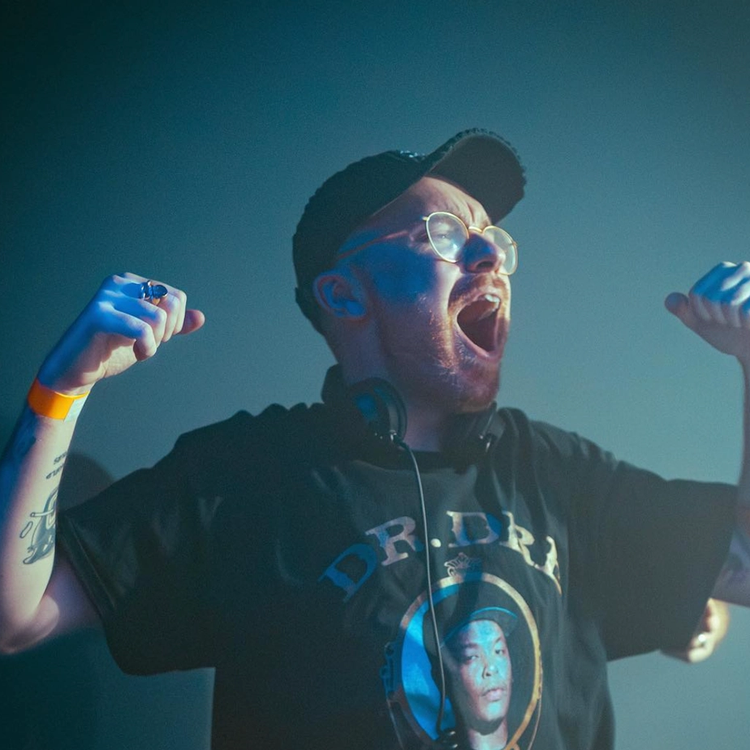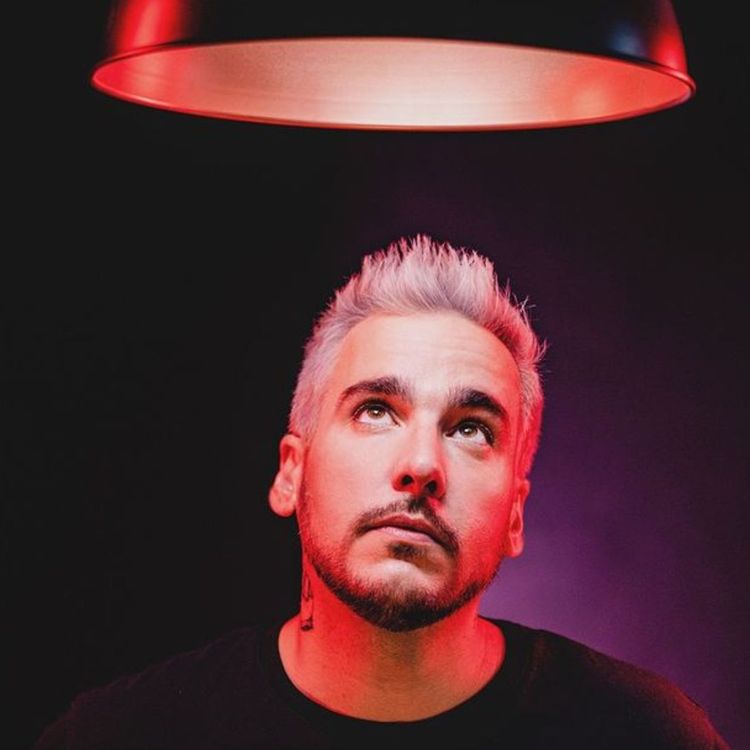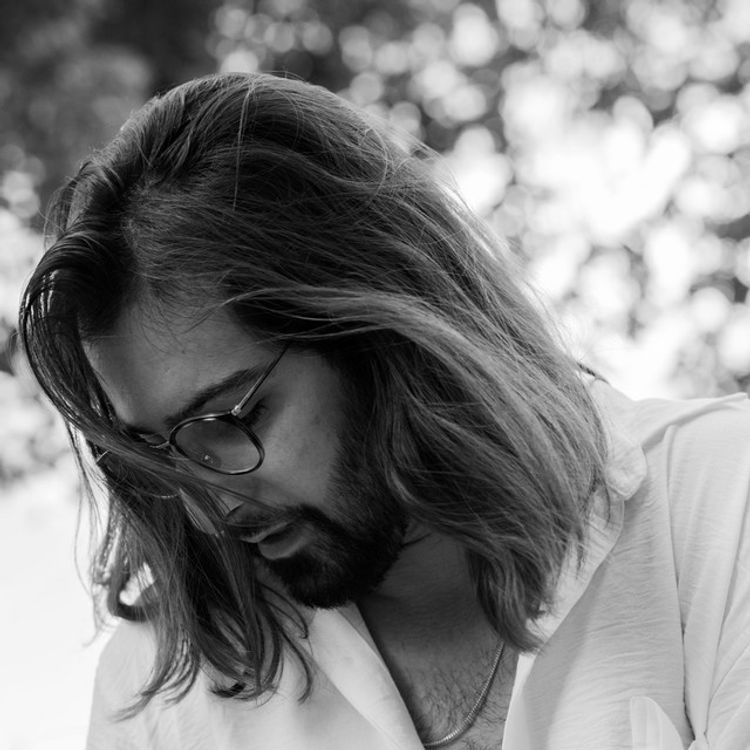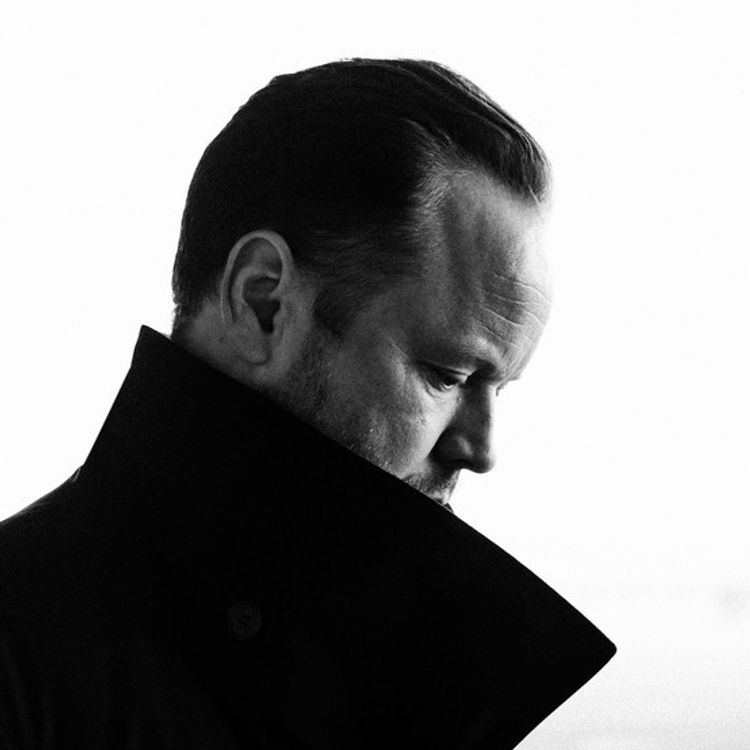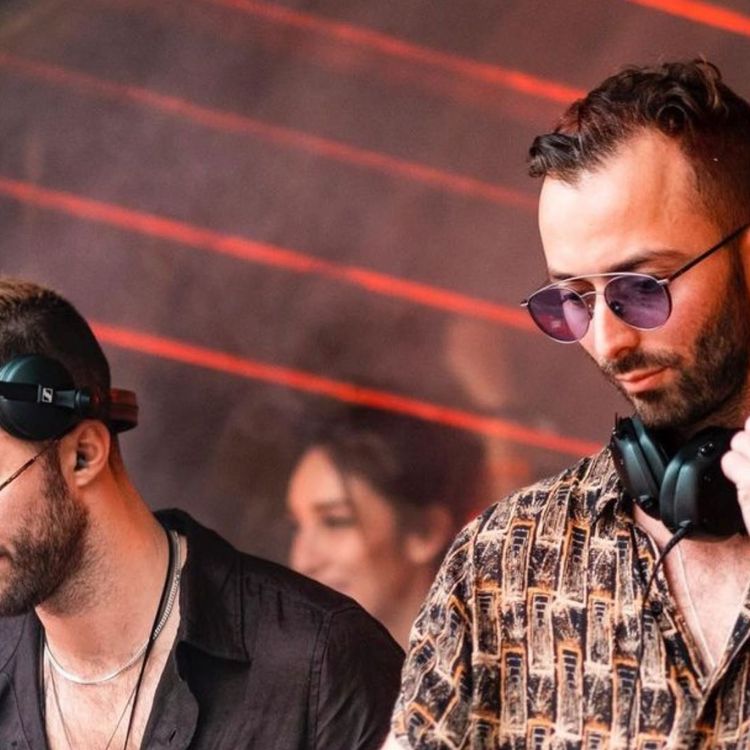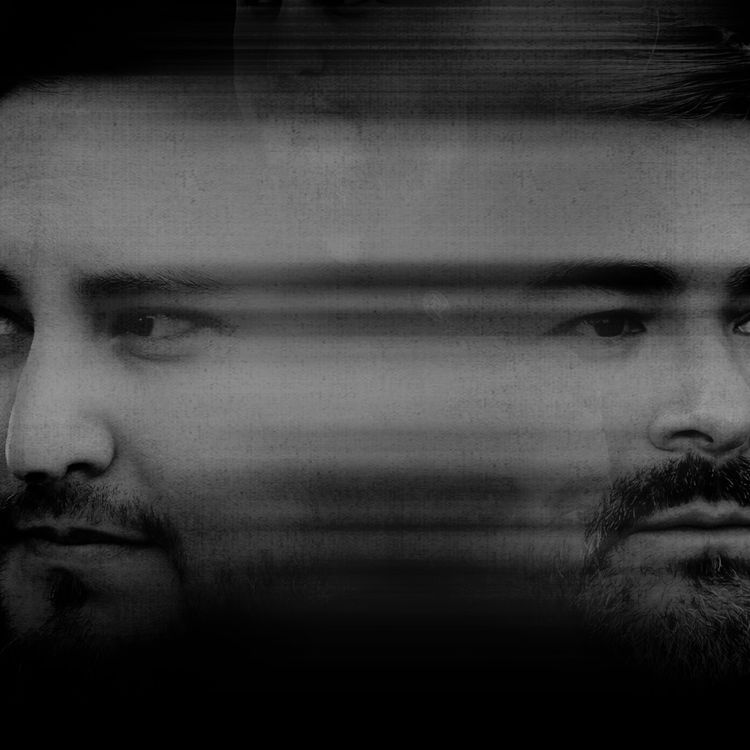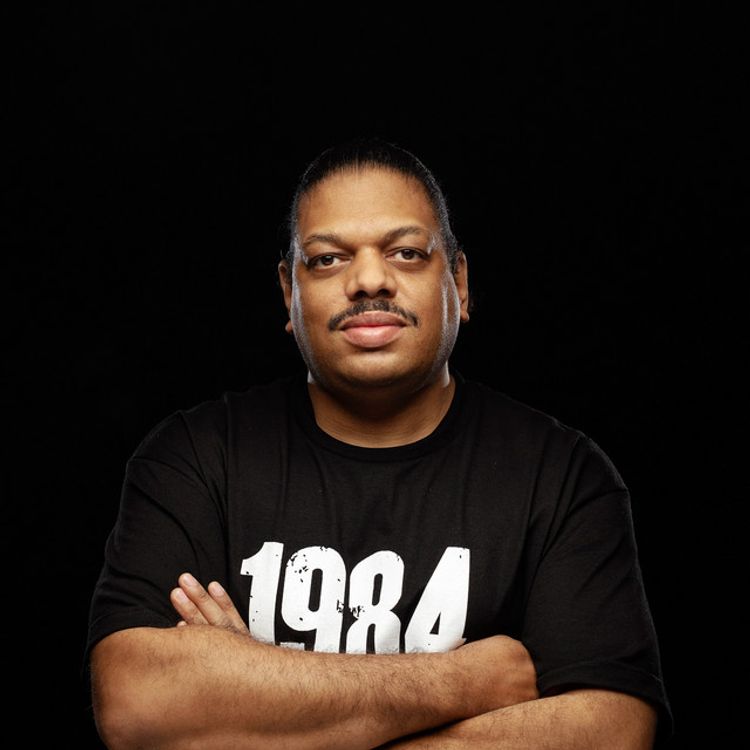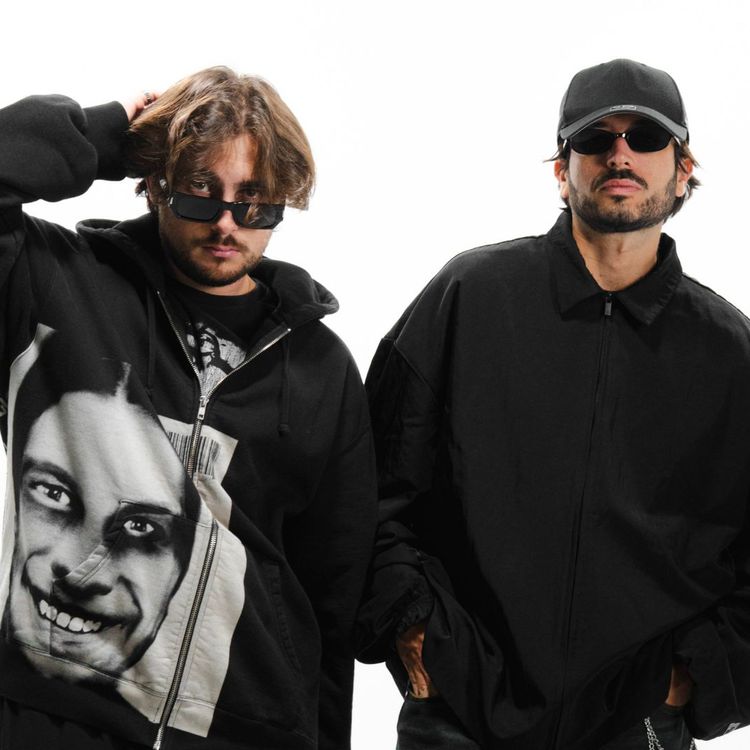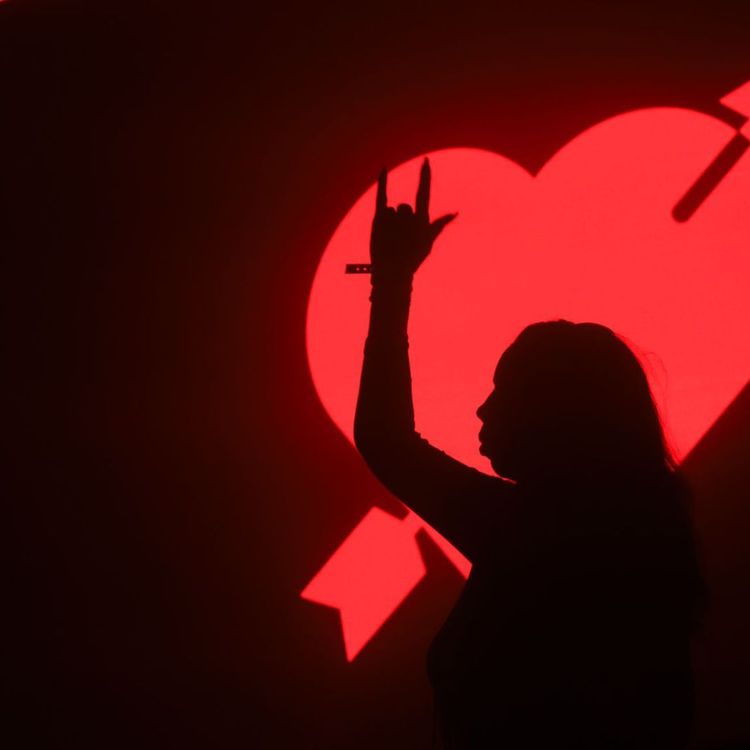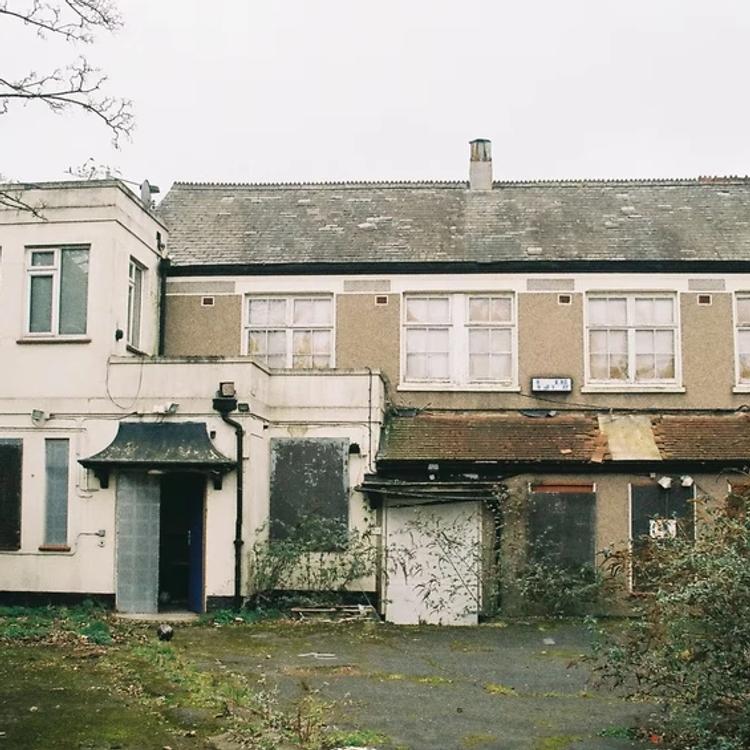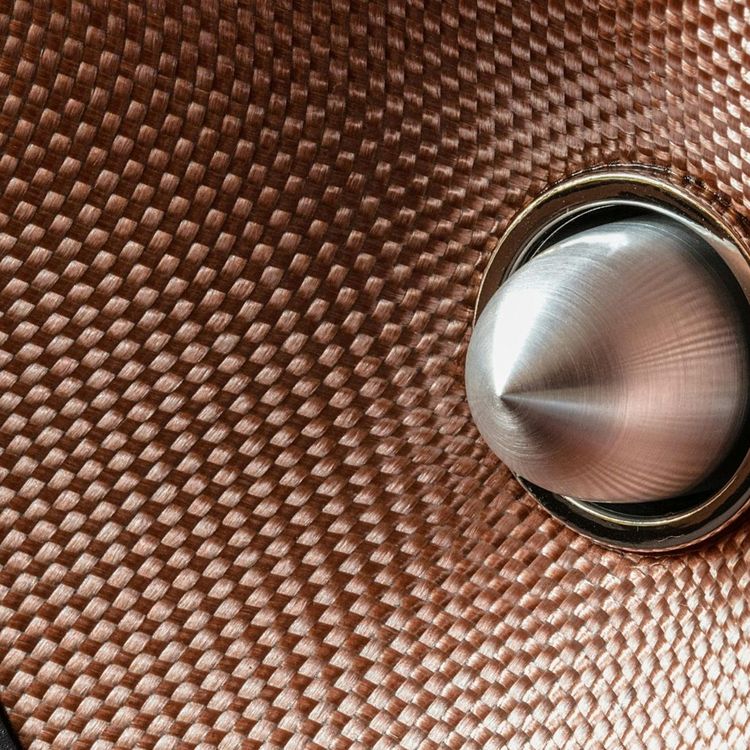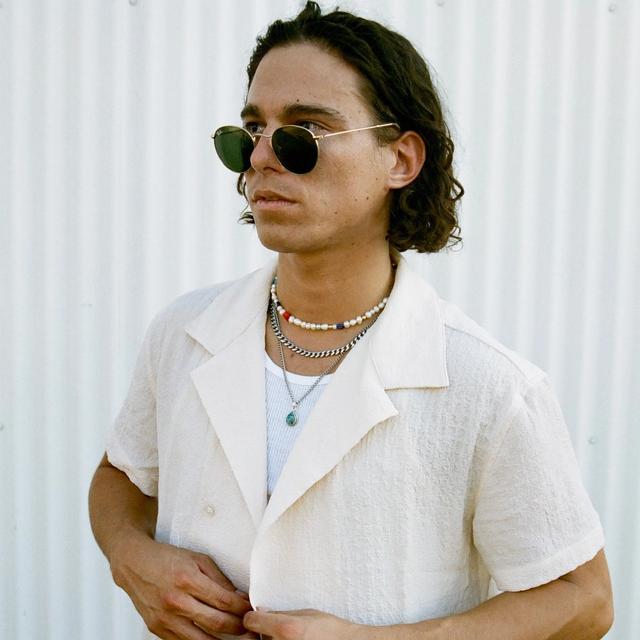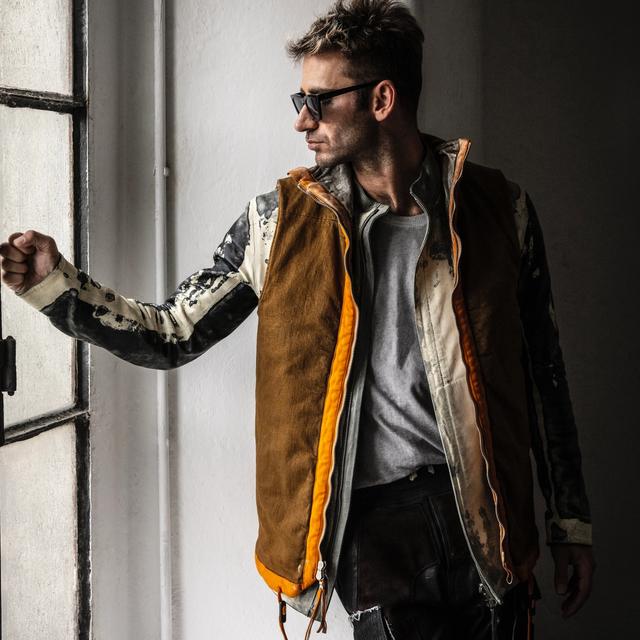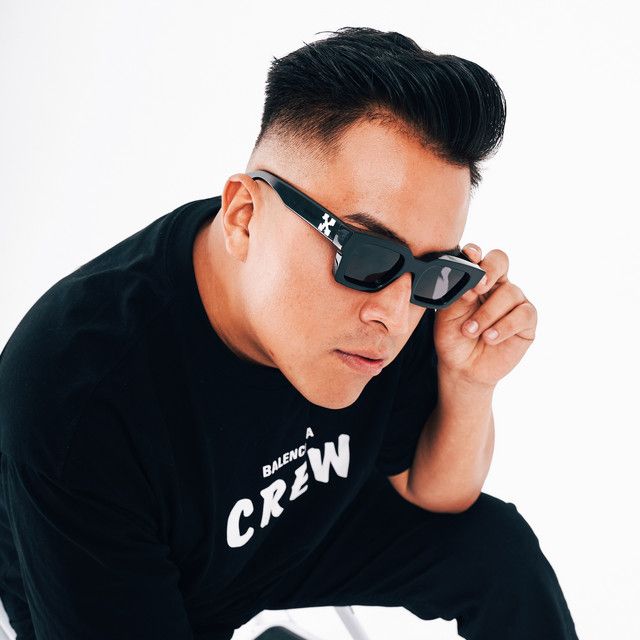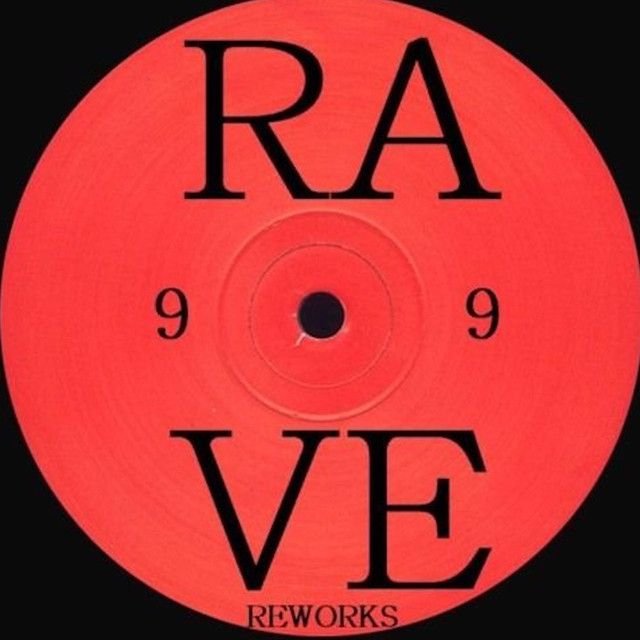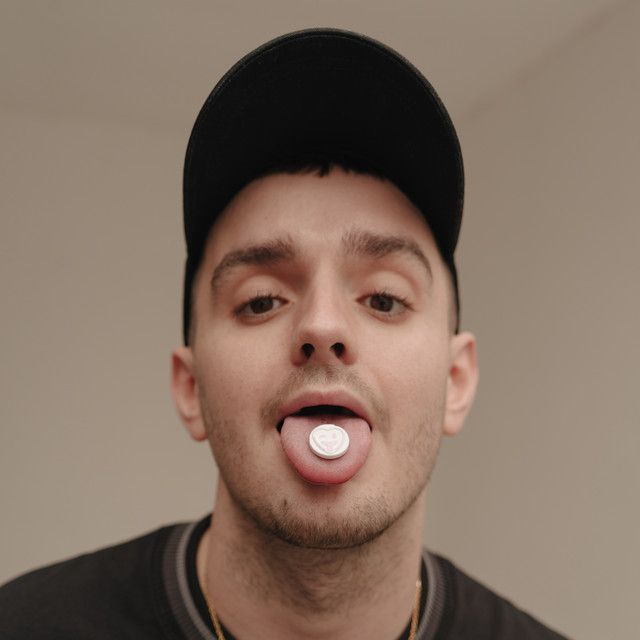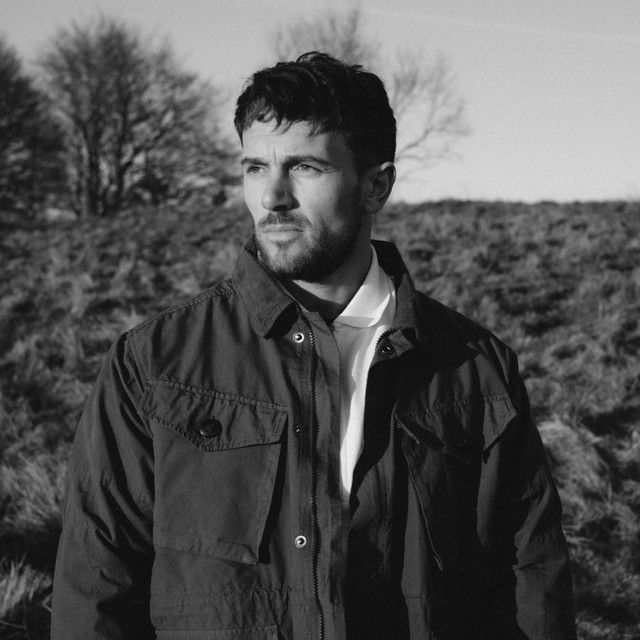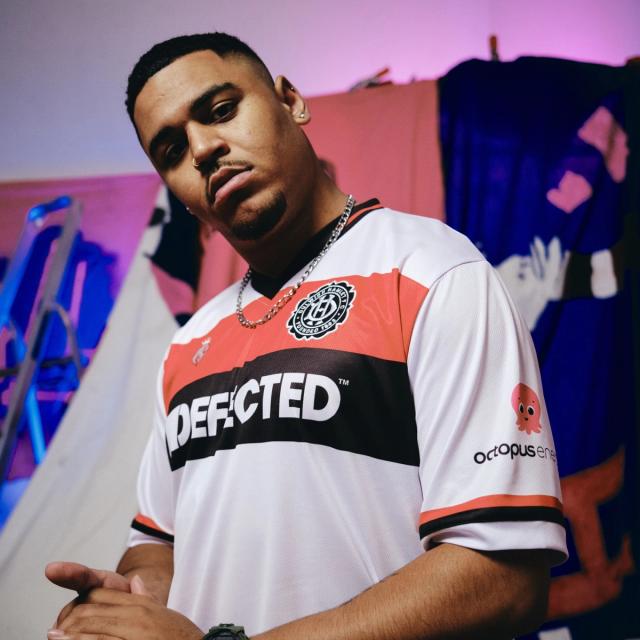Artist Spotlight
What genre would you describe your music as?
Uplifting house music, minimal deep-tech, old school house, and tech house.
Where are you from?
Ibiza, Spain, the best place on earth!
What age did you start DJing?
15
If you weren't a DJ, what would you be doing for your career?
Property development, hotels, or anything related to tourism and lifestyle.
What's your favorite artist/style of music outside of dance music?
I love all music, but I do love hip-hop and funk. My fav artist at the moment is Drake.
Manu Gonzalez is one of Ibiza’s most successful hometown heroes. He’s achieved a kind of international success that’s rare for DJs from Isla Blanca. His groove-laden house effortlessly spans the breadth of the genre. And his skills as a selector became clear long before he laid down his first club set.
Manu is the self-described black sheep of his family. And while his parents hoped for a university career and the stability his siblings chose. He was always interested in music. So, his father called in a favor from a friend and got Manu a job at Discos Delta, the legendary record shop in Ibiza where Sven Vath, Roger Sanchez, and Pete Tong bought their wax.
“I wasn't even supposed to be working there. I was young, only 15 and in Ibiza you can work when you are 16. I had to get a special paper saying it was okay for me to work,” he says. Surrounded by the best DJs in the world at such a young age, he began to make the connections that would eventually put him on a path towards global success.
Discos Delta was a pivotal part of Manu’s musical development. It was the most important record shop on the island. Among its legendary clientele was the “Father of Balaeric Beat,” Cesar De Melero who invited a young Manu to Amnesia.
Imagine for a moment being invited to your first club night, by a pioneer of Spanish house music, to stand in the DJ booth of one of the most well-known clubs in the world.
“I was only 16, but if you have permission from an older person like a parent you can go the club. So I told my bigger brother.” When he arrived at Amnesia that night he handed the bouncer a handwritten note from Malero. “Of course we got there and it was rammed. And I just stood there with my pinapple juice and watched him play.” As he looked out over Amnesia terrace he imagined himself as the master of the dance floor.
Before digital music was the standard, record shops held all the cards for a successful release. Joan Tur recognized that Manu had a keen ear and gave him his first shot as a curator.
“We used to get calls from the labels and they would play their songs over the phone. We would tell them how many of each record we wanted. I got the chance to select some of the records for the store.” He explains. “And when the big guys would come in, I would recommend them. And these bigger DJs who would come in started to notice ‘he's got great taste and he's so young’ "
Meanwhile, he spent every waking moment honing his craft. He bought CDJs with his salary. He used the decks that were in the store. As he says, “Anytime I wasn't working, I was beat matching.”
It was a transitionary period for DJ culture. Digital had begun to replace vinyl. And record stores were no longer the default distributors of dance music. Manu recalls, “When MP3s started to get big the record store owner told me ‘I can't afford to keep you here anymore.’ I had already started getting gigs here and there but nothing big.”
On a friend's advice, he took off to the mainland. He remembers, “A friend of mine told me I should go to Madrid to learn production. So I did three years there learning. And it was the best thing I ever did. Because my manager Danny has always told me, that you can make good money DJing, but to be global you need to do it all.”
He’s since logged thousands of frequent flyer miles between Europe, Asia, and South America. In 2019 he played a blinding 150 shows. Still, many of his most memorable moments are tied to the island. Even the short conversation that led to his 2014 remix of “Restless” by Hot Since 82 and Alex Mills.
Manu had just finished opening up for him and was surprised when he was asked to do a remix for Knee Deep In Sound, Hot Since 82’s label. Manu was honored, but lots of things are said at the club. So he thought nothing of it. Until he received an email the following week to confirm the offer.
Despite Ibiza’s status as a global dance music mecca, DJs who live on the island don’t always see the kind of success that Manu has. He believes that's due in large part to the relationships he's spent years building. And the encouragement of his manager Danny Whittle.
Whittle is another legendary figure in dance music. He's been a staple of the club scene on the island since the mid-90s. And he's had a hand in many of the famous clubs on becoming what they are today.
Manu says that Danny has been a significant part of his success, "I could have easily been one of the DJs who only played in bars for my whole life. But Danny my manager always said we need to play the long game." Whittle wouldn't even book Manu at his own bar. He goes on, "And he advised me on things to take and things not to. Sometimes he would tell me that a gig wasn't good enough for me. The goal was always to be global."
And even given his immense, he feels that there is more work to be done. He remembers an interview he did in 2014 with Ibiza Spotlight. It was in the lead up to one of his favorite nights as a DJ, playing International Music Summit on Dalt Vila.
“When I signed with Danny they told me 'you are going to be the first ever bicenca who will play at IMS. You have shows at Ushuaia. You are signed with Danny Whittle, one of the pioneers of electronic music what's your dream?' And my dream was to work many years. To be together with Danny. And to break through in the American market.”
It seemed that he was on his way to that before COVID kneecapped the industry. Yet, Manu remains hopeful that this time without gigs has taught us all something important. He's learned that nothing is guaranteed. And that going forward we have an important duty to keep the global dance music scene thriving without ego, “We are all here for the same reasons. We need to really help eachother. We need to love each other. We really need to be nice people and help each other grow. I really think it’s going to bring the best out of each of us. I think that once this is over things are going to be even better.”
